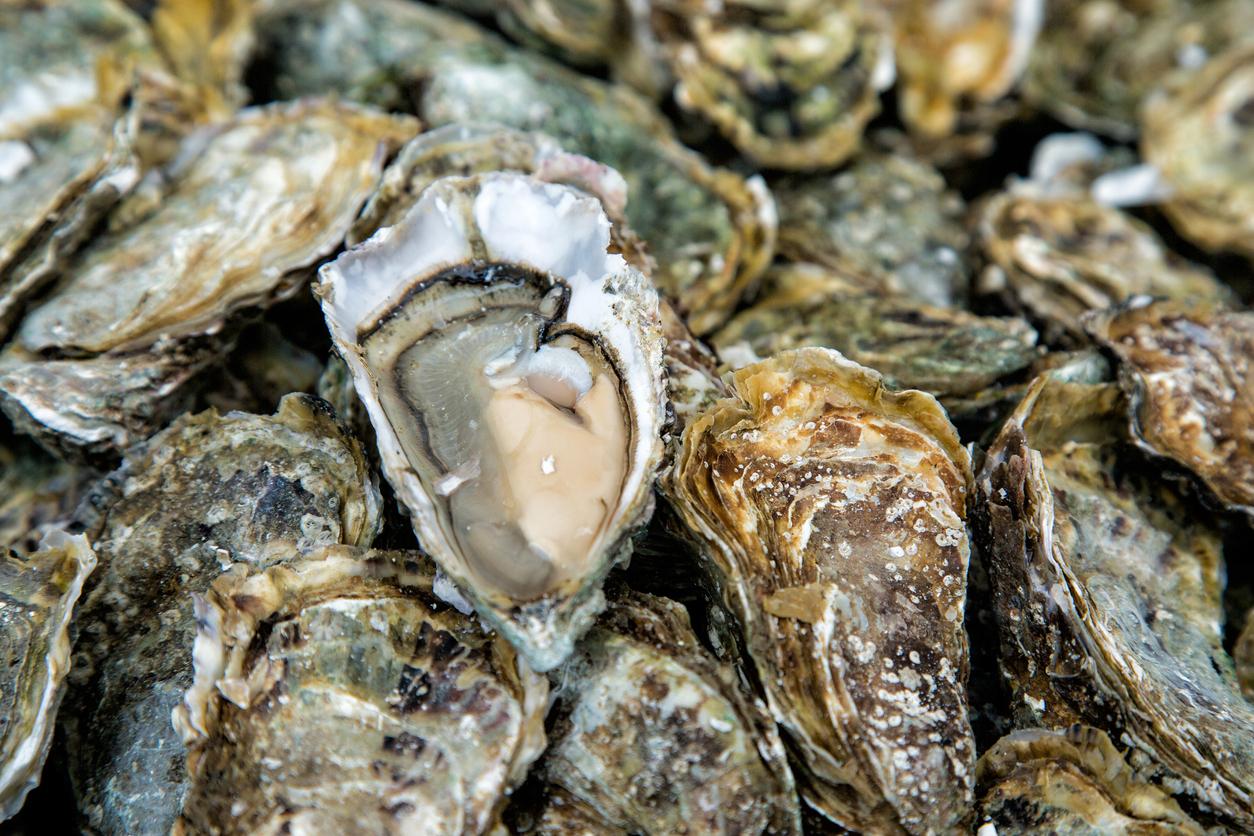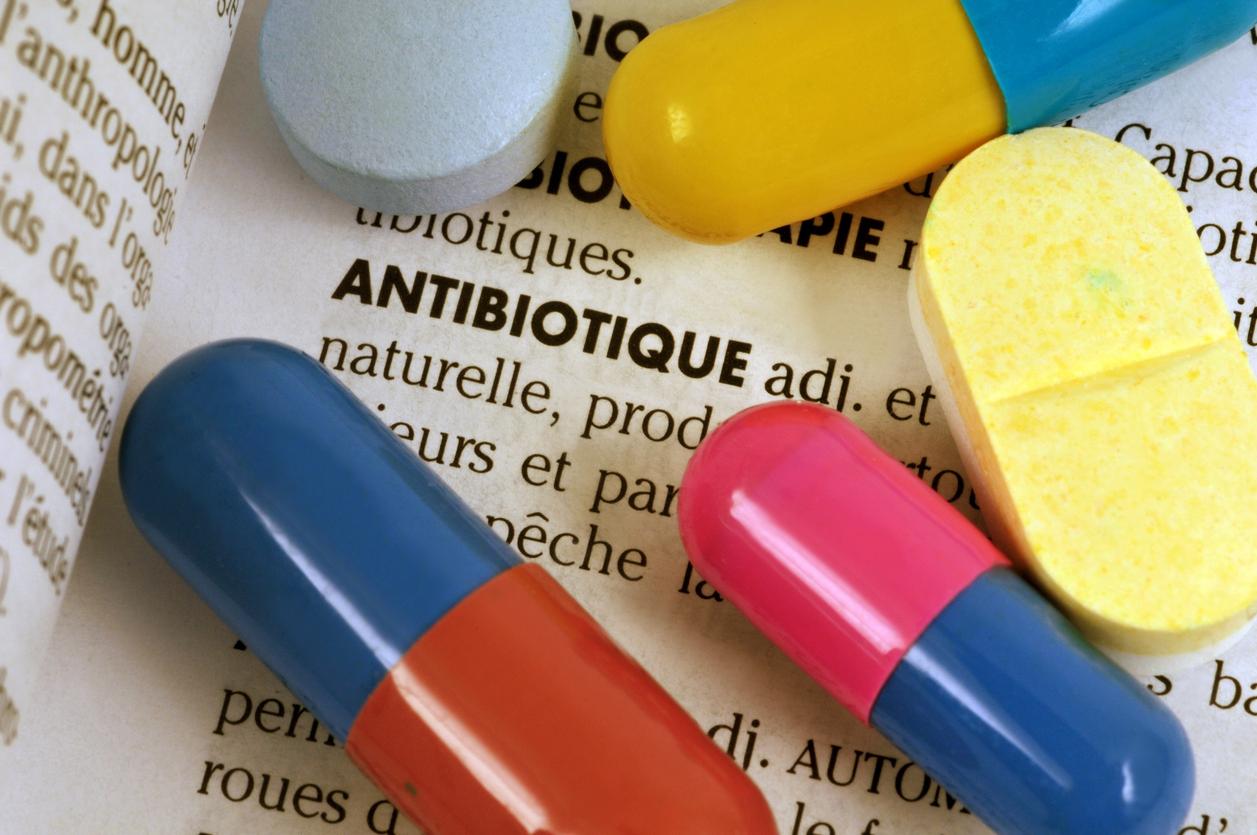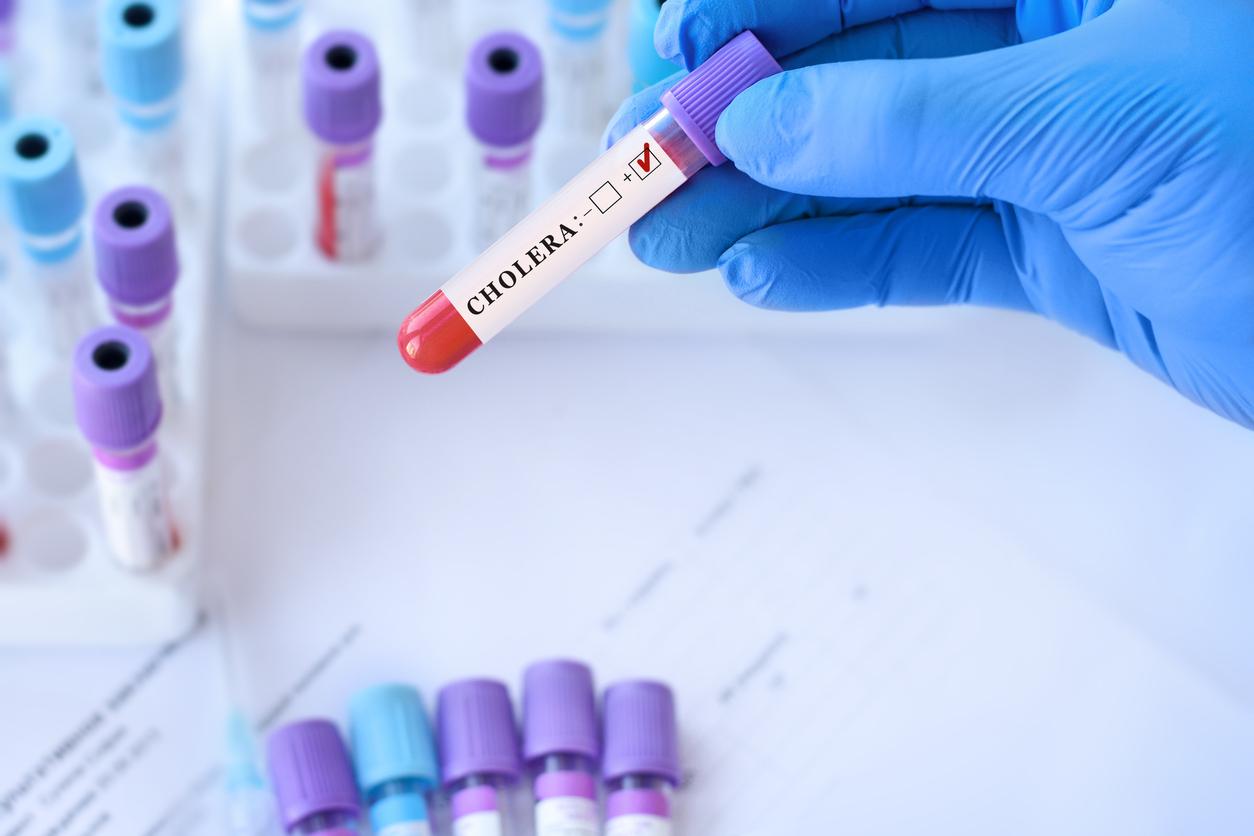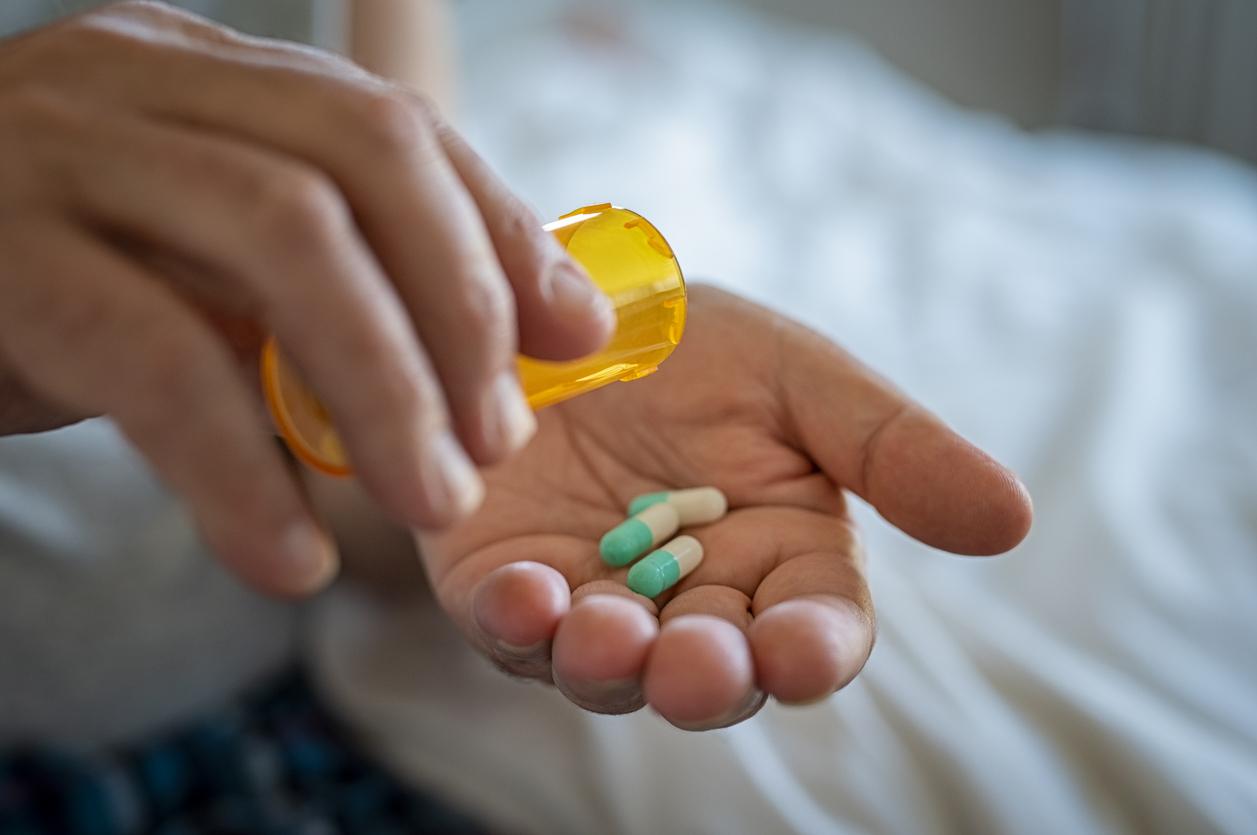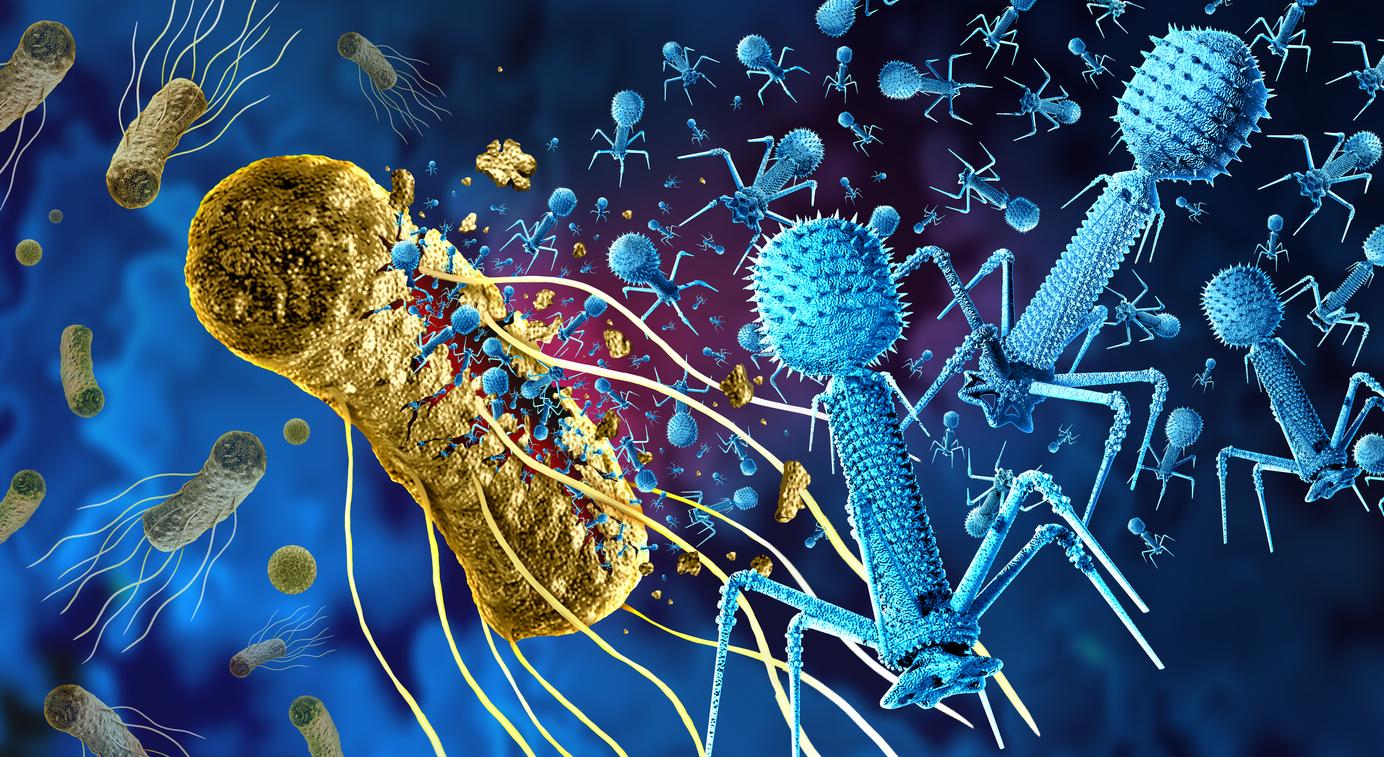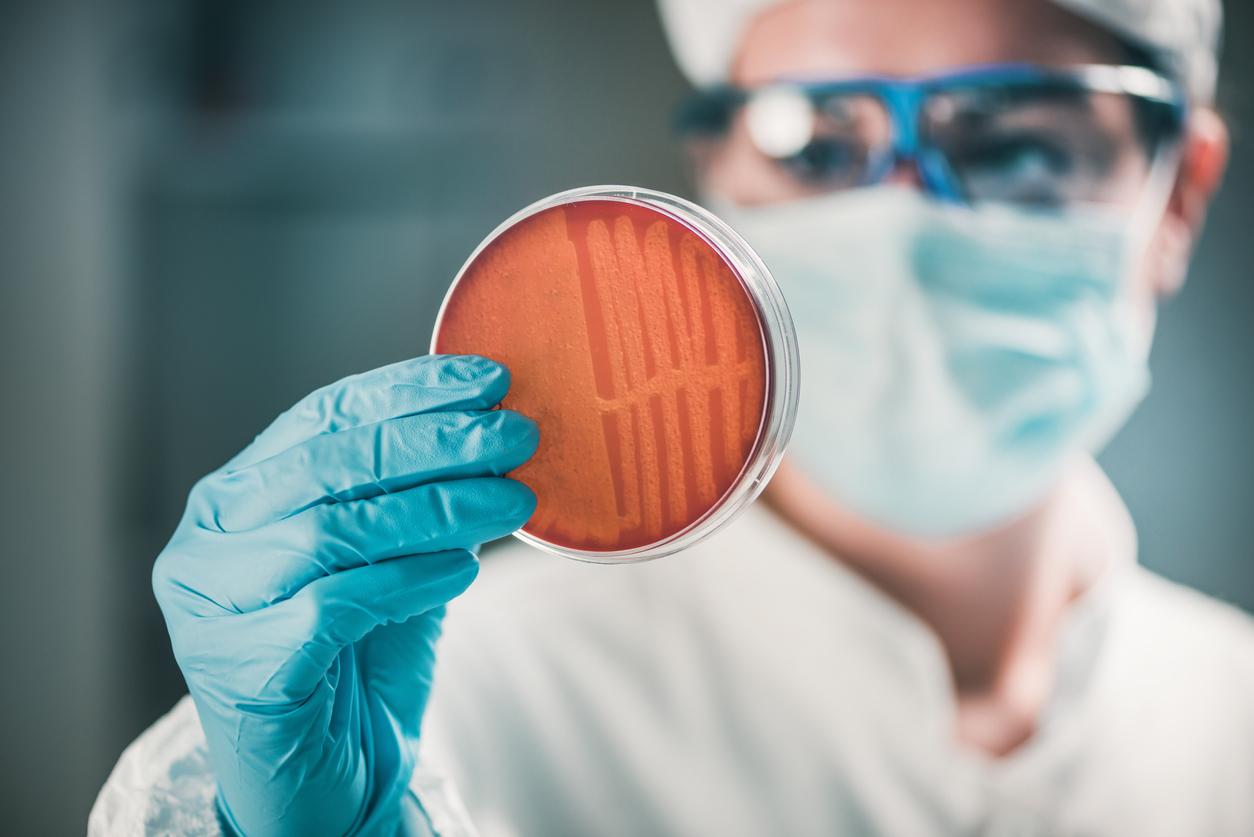Microbes resistant to penicillin, for example, are more common among refugees and asylum seekers arriving in Europe, an illustration of the worrying situation in our hospitals.

Doctors from the CHU d’Angers have carried out a study of unaccompanied minors which shows that they are not carriers of these microbes when they arrive in France. Their precarious living conditions and in a community of misery make them prime prey for these microbes which are already a scourge that threatens many hospitalized in our country; they are responsible for the famous “nosocomial” infections which affect 1.4 million hospitalized in France each year and kill between 7 and 10,000… In question, our immoderate consumption of antibiotics…
Overconsumption of antibiotics, a real danger for the planet
The consumption of antibiotics has increased by 65% in 15 years. An intolerable situation for specialists in infectious diseases who, for several years, have been asking themselves a strange question: should we fear a planetary epidemic against which antibiotics will be unable to do anything? The answer is yes, if we continue to distribute these drugs anyhow, both in humans and animals…
France is the 4e European country in terms of antibiotic consumption; which is a poor performance, given the efforts made to learn how to consume them less, but which also means that there are worse countries than us and that the problem is truly international.
If antibiotic resistance continues to progress at this level of intensity, without any other treatment options, there will soon be commonplace infections that can no longer be treated, specialists warn.
We arrive today at an unthinkable situation during the discovery of these drugs which seemed to have an incredible power: the man risks one day dying of infections considered banal a few years ago, only because a microbe will have become resistant to all available products. This scenario, which seemed incredible, has nothing to do with science fiction, and the continuous increase in cases and deaths from nosocomial infections – those infections that we catch in the hospital while we are hospitalized for all another reason – is here to testify. The hospital world is a gigantic culture broth, a rear base of microbes which find the strength there to become devastating agents.
Ultra-resistant microbe
The fight against microbes, which we could have hoped is over, is far from over. It is even a very unequal fight. A million billion millions of microbes almost everywhere on our planet against 6.5 billion individuals who believed, seventy years ago, to have won the fight with the discovery of antibiotics.
Hundreds of thousands of tons of these drugs have been released into the wild or consumed by humans, without reservation or precaution. As a result, the bacteria mutated and became resistant. A microbe is not a crude organism, but an infernal machine experienced in total war. Endowed with a real intelligence that surpasses us a little, given its size and its simplicity. Each new antibiotic is greeted, a few years later, by the transformation of the microbe which learns to resist it. Our military are slower against new methods of warfare…
Patient pressure
If the fight is lost in advance, we can ask ourselves the question of what are these commercials for – “antibiotics are not automatic” – which no one has escaped, and which advocate the fight against prescription overusing antibiotics? They first had the merit of helping the doctor, for whom the refusal to prescribe remains a delicate moment. Today, it’s even a little the opposite, and the one who gives antibiotics would almost pass for a nerd. But with the bad weather, and the return of winter sores, patient demand remains pressing, especially in the case of angina. However, paracetamol, combined with aspirin (only in adults), solves the problem in 80% of cases, since it is angina due to viruses on which antibiotics have no effect. .
At the same time as a little order must be put in the medical use of antibiotics, it is also necessary to attack the millions of tons dumped in nature, mainly for the breeding of animals consumed by man. But this is a debate that escapes the world of health…








